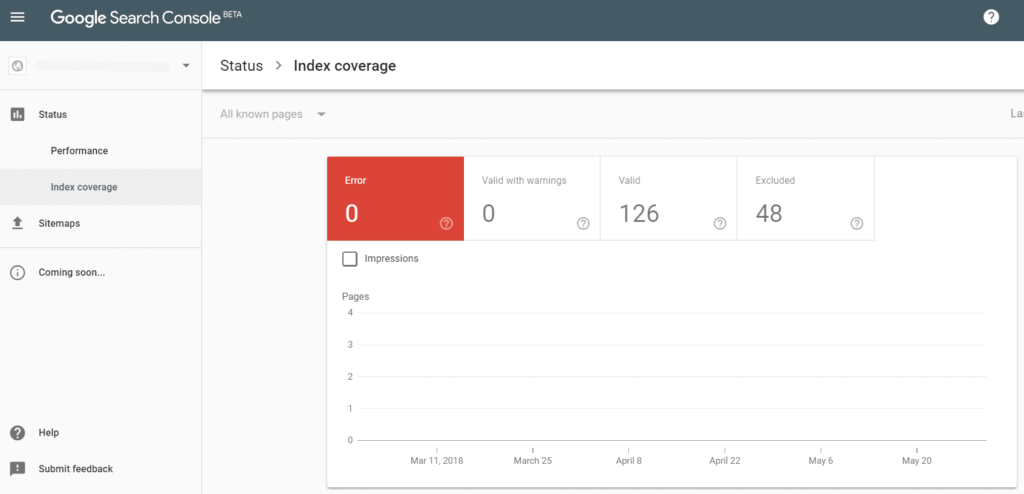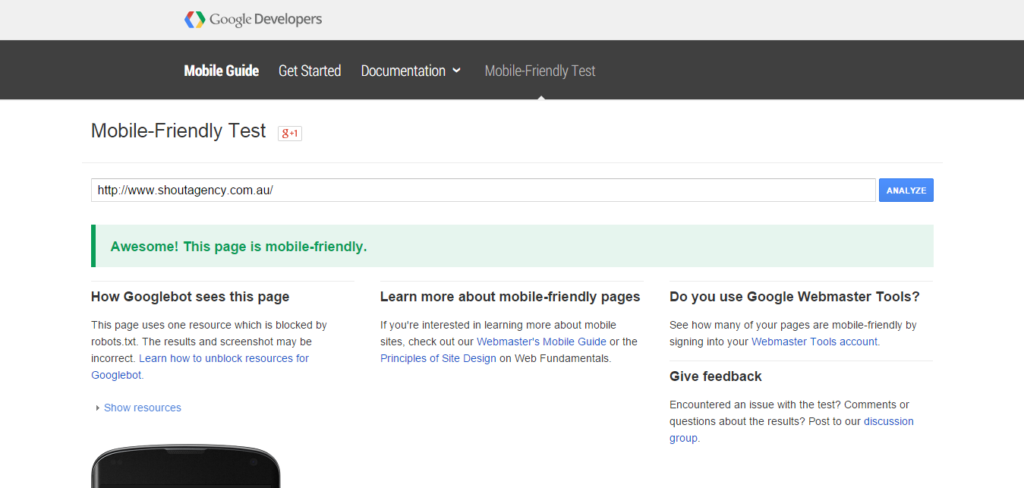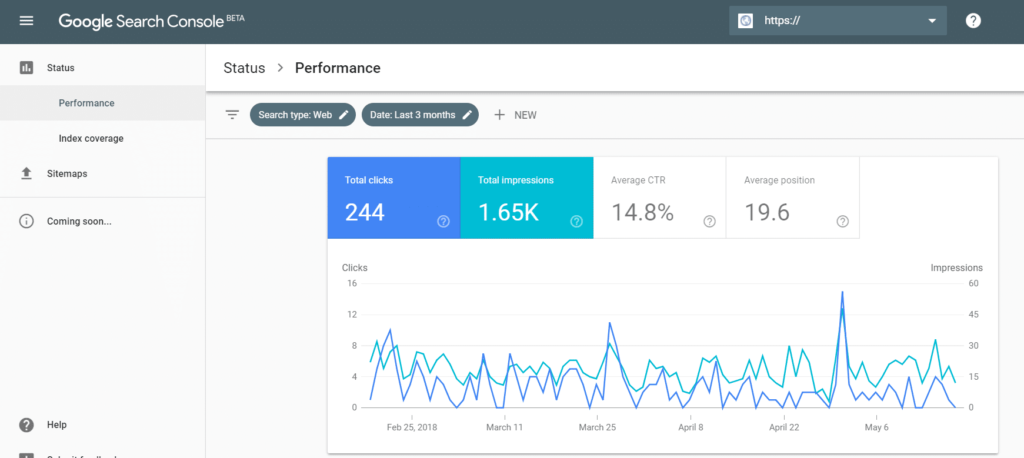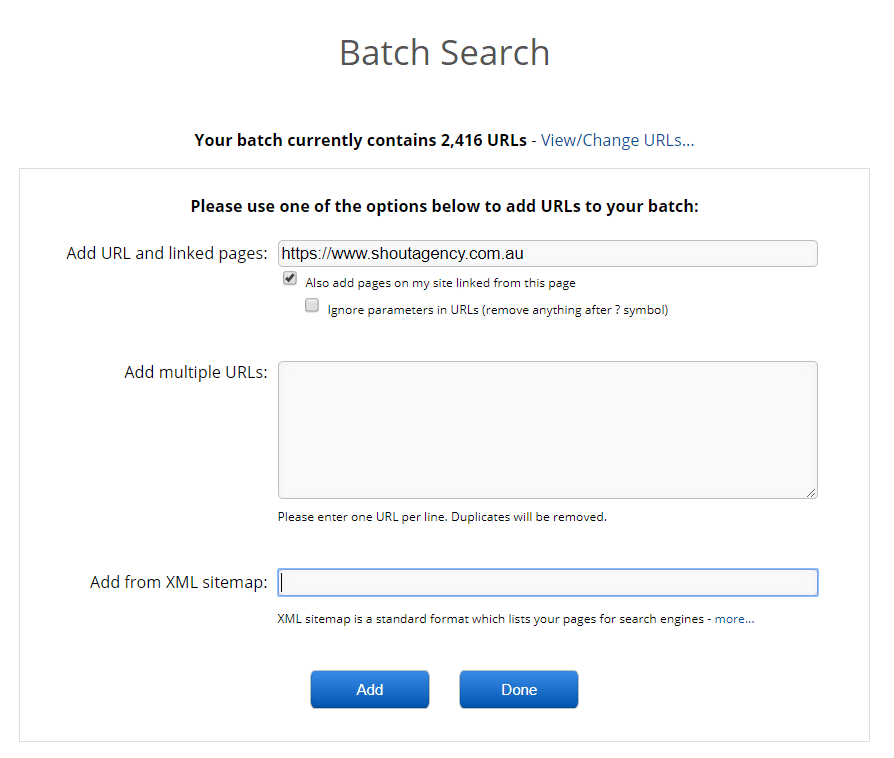Overview
Welcome to the world of search engine optimisation (SEO) and the quest to improve your Google rankings for keywords. In today’s digital age, appearing on the first page of Google search results can make a significant difference in driving organic traffic to your website, increasing brand visibility, and ultimately boosting your online business.
In this blog post, we will guide you through the process of improving your Google rankings for keywords, providing you with actionable strategies and best practices to enhance your website’s visibility in search engine results pages (SERPs).
If you want traffic for your website, you need Google search traffic.
However, quality search traffic requires a solid SEO strategy. If you are not sure how good your search strategy is, then you need to perform an SEO audit.
Do not get yourself stressed over what aspects of your site you need to update. Below we share what things to look for on your website to improve your search performance. This information is the core of what you need to check your SEO audit to monitor the health of your search strategy.
Join us on this journey as we uncover the secrets to improving your Google rankings for keywords. Whether you’re a beginner in SEO or a seasoned marketer looking to enhance your search engine visibility, this blog post will equip you with the knowledge and strategies to optimise your website and drive organic traffic.
Additionally, if you have any questions about running an SEO audit on your site, feel free to contact us.
Let’s dive in and unlock the potential of SEO for your online success!
5 Things to Check in your SEO Audit
#1. Run a crawl report
The first step is to make sure Google has your website index, so your sites appear correctly.
An XML sitemap indexes your entire website. You can submit your sitemap to the Google Search Console.
The crawl report in the Google Search Console identify any URL errors. You can check if Google accidentally disallowed any of your pages as well as the reason behind the disallow status.
Additionally, check the crawl report to make sure that no pages are excluded from the index coverage. Otherwise, Google will not find the excluded pages, nor include them in their search results.

#2. Check if your site is mobile-friendly
Next, make sure your website works on mobile devices. Now that Google went to mobile-first indexing, they check your mobile site before they see if you have a desktop site.
You can use Google’s mobile-friendly test to ensure your site has a responsive design that works on any device. Responsive means the sites font size, embedded videos, and images re-format to fit the screen.

#3. Determine your user experience
In the past, Google’s algorithm used keywords, links, and other technical metrics to gauge a website’s ranking.
Today they look to the user experience as part of that equation. As such, it’s important that users do not have to deal with slow loading pages.
Ideally, the load time should be less than 3 seconds. Otherwise, you could lose the users interest. You can check how your website performs by using the Google Insights PageSpeed tool.
Additionally, use Google Analytics to find out how long people stay on your website as well as the bounce rate. The bounce rate means a visitor
The lower your bounce rate, the more people stay on your site. The average bounce rate is 58.18% and the average time on site is 2:17. Your goal should be to the beat the average.
The best way to improve both these statistics and raise the website profile is to produce more engaging quality content. As you add more quality content, you give visitors a good reason to stay on your site.
#4. Review your keyword quality
It’s essential to determine whether your current keyword strategy works. If not, you need to figure out what changes. A comprehensive SEO audit helps you understand the keyword quality.
Use the Google Search Console’s Performance report showing you the queries for specific keywords. You can use your SEO audit to identify keywords that you believe you can rank for on your website or shore up the ranking for a site that is on the cusp of ranking on the first page.

#5. Check duplicate pages
Duplicate content can penalise your website and reduce the value of your website pages in Google’s eyes.
It is especially important for e-commerce sites to avoid duplicate. Often a product will have multiple versions and colours.
If you have a website page for each product, then you need unique content as well as unique META data for each page. Use tools like Copyscape to find any duplicate content and a frequent SEO audit can alert you to meta description issues.
After you finish the search, you need to start re-writing the content on the duplicate pages.

Final Thoughts
A well-functioning, smooth-running website says a lot about your company. Google evaluates your site to determine whether your site is worthy of sending you traffic.
The SEO audit is the first step in making sure your site is good enough to receive that traffic from Google. If you need more help with this process, contact us today to schedule a free SEO audit.
